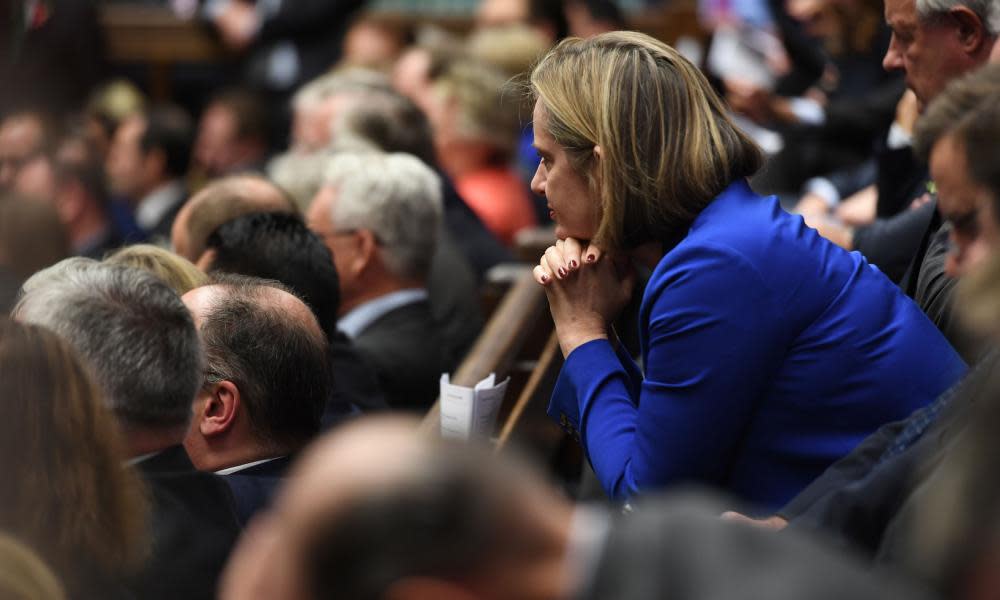We're making a right mess of our right to free expression

This month, the former home secretary Amber Rudd was invited to give a speech to UN Women Oxford UK, an Oxford University student society, to celebrate International Women’s Day. Thirty minutes before the event, Rudd was “disinvited” and the event cancelled.
Last week, the university “deregistered” the student society for breaking free-speech regulations. Both decisions show what a mess the debate over the right to expression has become.
The original disinvitation was part of a trend for organisations to cancel invited speakers after objections about their political views. In Rudd’s case, students objected in particular to her role in the Windrush scandal.
No organisation or student society has an obligation to invite any particular speaker. But having invited someone, it should have the moral strength to resist the censorious calls of those who might object to his or her views. A politician such as Rudd needs her views publicly challenged, not censored.
If the decision to disinvite her was wrong, so is the deregistering of the society. Free speech is not something that can be imposed on people. It expresses, rather, a set of moral, political and cultural attitudes about how to engage with ideas and people, particularly those with whom we disagree.
A student society has little power. A university has considerable power over its students. Those who defend free expression but applaud the university’s decision to punish students, so as to, in the words of the Free Speech Union’s Toby Young, “send a message to the protesters”, seem not to understand the significance of free speech in the first place. Illiberalism rules on both sides of the debate.


